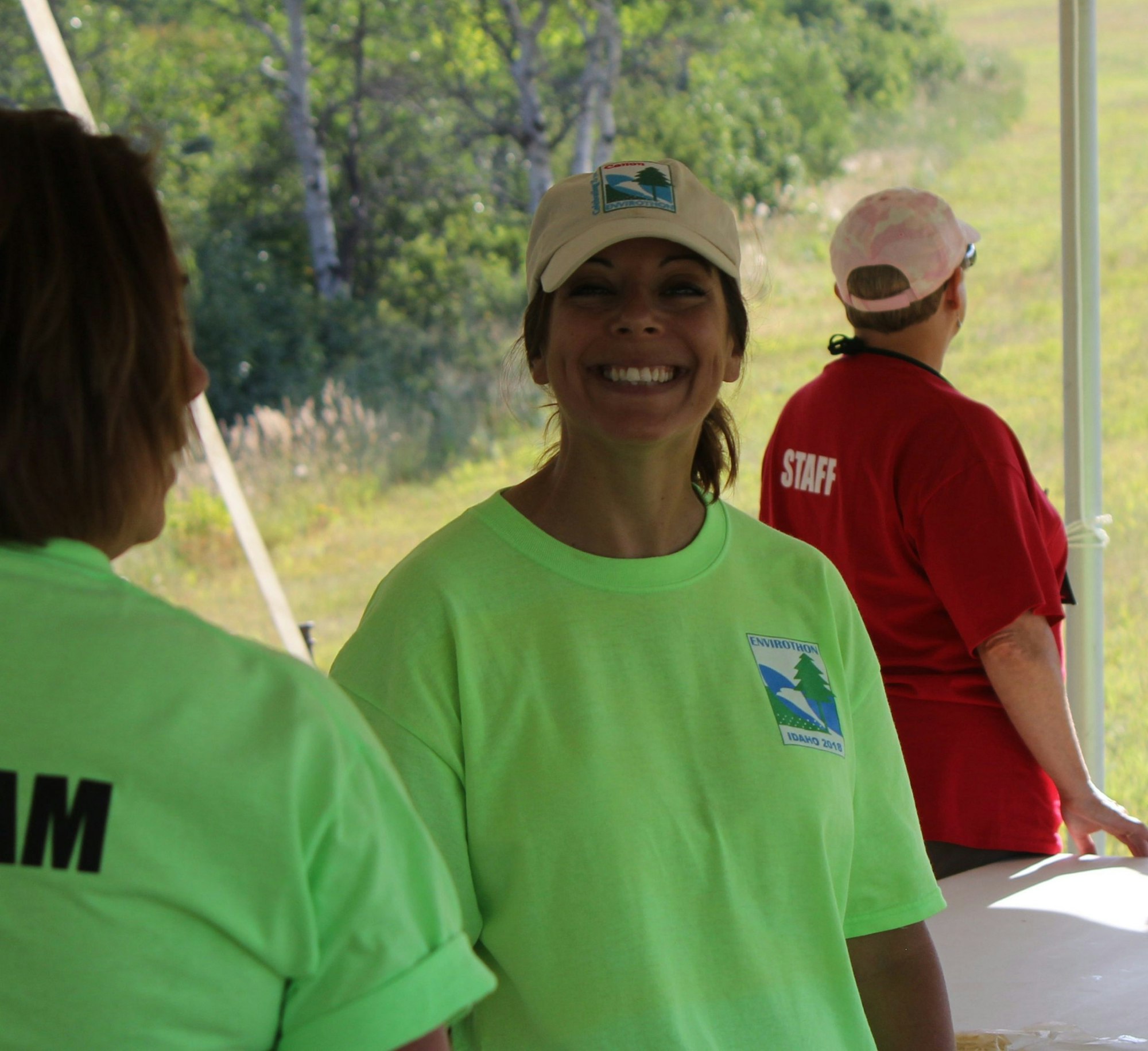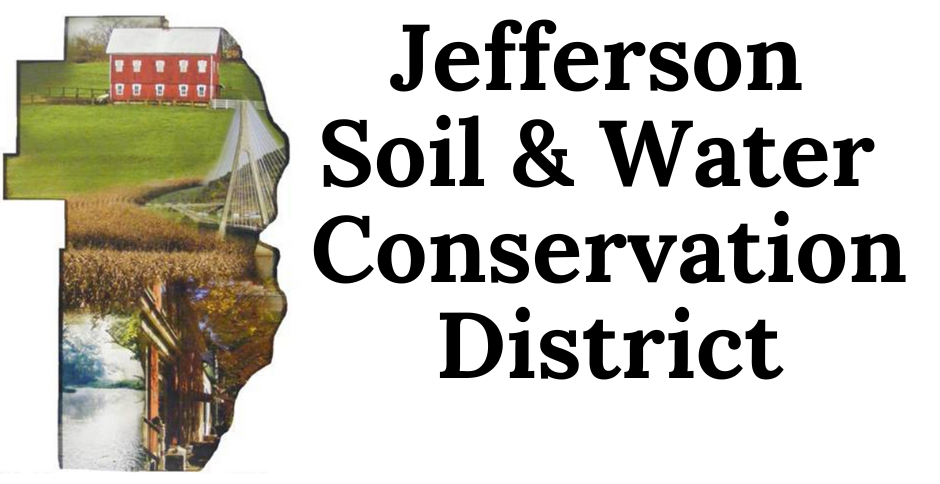Alumni Spotlight - Wendee Dodds

What led you to your current career? I have been drawn to the outdoors since childhood. I had a fully stocked bug-box by five years old. In middle school, my family nicknamed me ‘Frog Lady’ because I was the kid looking at every rock, log, or puddle for signs of life. I could often be spotted face down on a dock looking through the cracks between the wood boards watching the fish underneath. Through most of my high school years, I ridiculed the idea that a boy could be more interesting than any of the things I could find outside.
As much as I loved the outdoors, I just couldn’t see how it could translate into something that I could make a living doing. But two things happened during my senior year of high school that helped everything fall into place – a high school outdoor class and teacher that strengthened my passion for conservation and the outdoors, and the Envirothon, an experience that truly opened my eyes about the diversity of not only natural resources but also career opportunities.
What University did you attended after high school? Degrees earned? Did your past Envirothon trainings help you in your college studies and if so, in what way? I attended Kent State University and earned a Bachelor of Science degree in Conservation. My Envirothon experience helped me to realize that I wasn’t just interested in one specific category of natural resources – I was interested in all of them. As it turned out, this was the exact focus of the Conservation degree, which covered all facets of natural resources, including wildlife management, local flora, soils, geology, climatology, and more. I looked forward to scheduling my classes every year, because there was so much opportunity to learn about the things that I loved.
About your experience I didn't join an Envirothon team until my senior year at Indian Creek High School (1995!). We placed somewhere in the (lower) middle of the pack at our area competition, which is what I think makes the potential for Envirothon’s impact on youth even more pronounced. Just that one short experience could change everything.
Another interesting note is that I now work for the District that facilitated my high school’s Envirothon program. Several years out of college, I was hired to do conservation technical work, which is still the main focus of my job. However, our District’s Administrator, Irene Moore, knew my love of the Envirothon and always supported my hope to stay engaged with it. Throughout my conservation career, her leadership and passion for conservation and the Envirothon program have been something I have tried to follow in the example of.
How did your involvement in the Envirothon influence your career goals? It helped the idea of making a career out of doing something I loved actually materialize. It sounds very naïve, especially with the way that students have resources at their fingertips now, but when I first joined the team, the only outdoor career I could even visualize was being a Wildlife or Watercraft Officer, which wasn’t something I really wanted to do. The Envirothon helped me realize the diverse career potential out there in both the public and private sectors.
Why is education essential in conservation? Education, particularly hands-on education, in conservation is essential because it offers young people the opportunity to get outside and learn factual information about the natural resources issues of our time. Education in conservation connects science-based classroom learning and real-world application, which helps students form a more comprehensive picture of today’s natural resources and their significance. Conservation education provides youth the opportunity to learn from a diverse set of professionals and other land stewards researching and working in the field across a wide range of natural settings.
What do you think today’s students gain from participating in Envirothon? One of the great things about Envirothon is that the concepts and material the students are learning are always relevant. Participants learn how to be valuable members of a team, problem solve, and engage in cooperative decision making. They gain a greater awareness of natural resources and environmental issues and are exposed to various points of view on those environmental issues, while also learning about a diversity of career opportunities. Added benefits for students participating in today’s Envirothon are the unlimited resources available at their fingertips, numerous social media platforms and other means by way of which they can educate others, and increased opportunities for them to contribute on a local level.
In your opinion, what is the impact of the Envirothon program? Today’s youth will very soon be adults working in and making decisions about the world we live in. The Envirothon might actually be the foundation for some of the next generation of conservation leaders, as it was in my case. But even if these students aren’t all headed for a career in natural resources, if they instead become accountants, or surgeons, or legislators, they will forever be changed by their Envirothon experience. They will share their knowledge of how cover crops reduce soil erosion while riding past crop field in the backseat of a car with their parents on a rainy day. They will explain why those “weeds” in the pasture are so important to ecosystems. They will see the world around them instead of just riding past it.
Why should schools participate in Envirothon? If you ever have a chance to interact with students on Envirothon teams or see the kinds of ideas and solutions they present in their oral presentations during the competition, you really do feel your heart swell with pride. It makes you look forward with excitement at what they might accomplish in their adult lives. By supporting the Envirothon, we can all positively impact the future of our natural resources.
